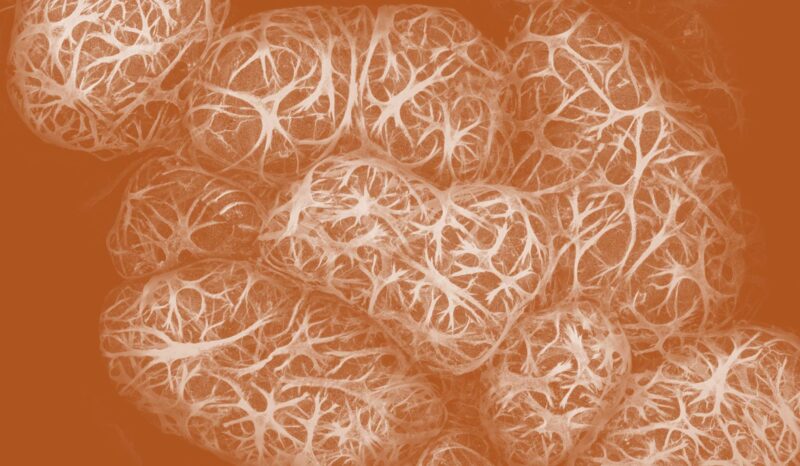WEHI Wednesday Seminar hosted by Professor Alan Cowman
Dr Stephen Scally
Senior Research Scientist (Laboratory) – Cowman Laboratory, Infection and Global Health division, WEHI
Developing a novel malaria vaccine against blood, mosquito and liver stages of malaria


